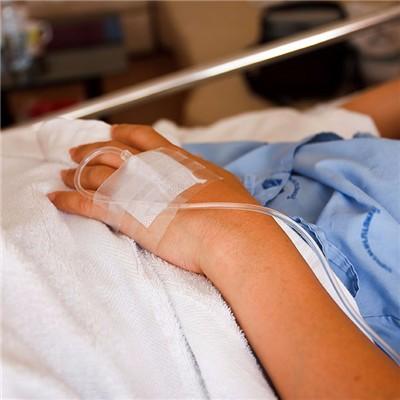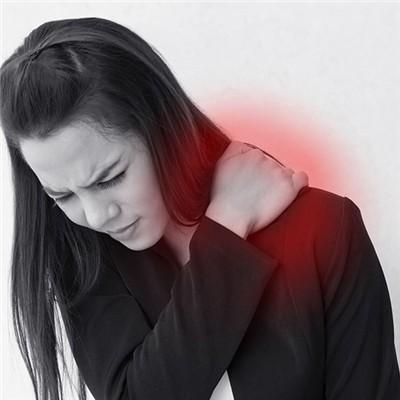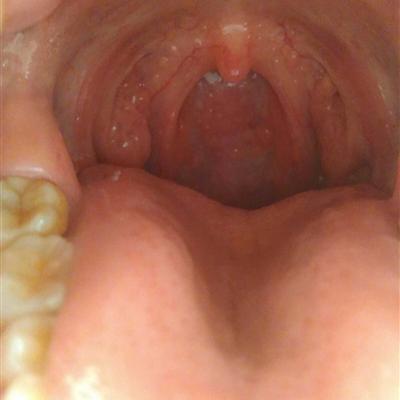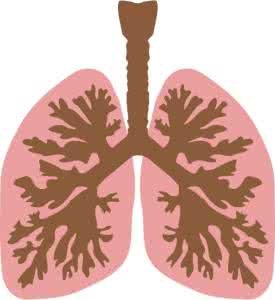What symptom does bowel cancer defecate?
summary
Bowel cancer is a common gastrointestinal cancer, including colon cancer and rectal cancer. The most common sites were rectum and the junction of rectum and sigmoid colon, accounting for 60%. Most of the patients were after 40 years old, and the ratio of male to female was about 2:1. In recent years, the incidence rate of colorectal cancer in China has been increasing year by year, and the early diagnosis of colorectal cancer accounts for only 5% of all patients. In clinic, the early diagnosis rate of colorectal cancer is low, the main reason is that people do not pay enough attention to the early signal of the disease. What symptom does bowel cancer defecate? Let's talk about it.
What symptom does bowel cancer defecate?
Hematochezia: it is the earliest and most common manifestation of colorectal cancer. Mild cases only show a small amount of bleeding occasionally, and severe cases can show mucus bloody stool, mucus purulent bloody stool or bloody stool, which are often misdiagnosed as dysentery or hemorrhoids bleeding, thus delaying the diagnosis.
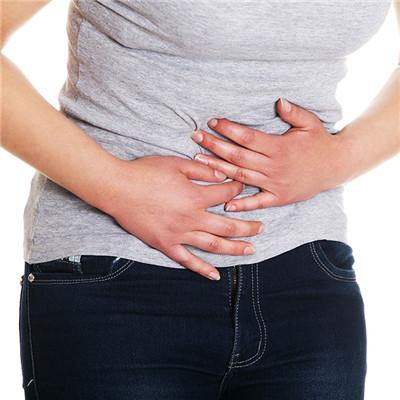
Abdominal pain: some patients with persistent pain as the first or prominent symptoms, some patients only abdominal discomfort or abdominal distension. When colorectal cancer with erosion, obstruction or secondary infection, due to the corresponding intestinal peristalsis increase and spasm, can appear obvious abdominal colic. Some patients show typical incomplete intestinal obstruction abdominal pain, that is, the pain is paroxysmal colic, lasting for several minutes, conscious of gas channeling through the pain, followed by exhaust, and then the pain suddenly disappeared. When this symptom appears in the elderly, colorectal cancer should be considered first.
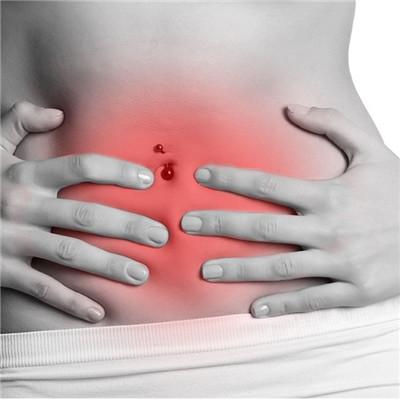
3. Change of defecation habit: it is mostly the change of defecation frequency or stool character. For example, the original defecation is once a day. Recently, I don't know why I defecate 3-4 times a day, or diarrhea and constipation appear alternately, as well as the change of stool shape. Originally, the stool is soft and shaped, but it has become thinner. Some people also have a sense of urgency.
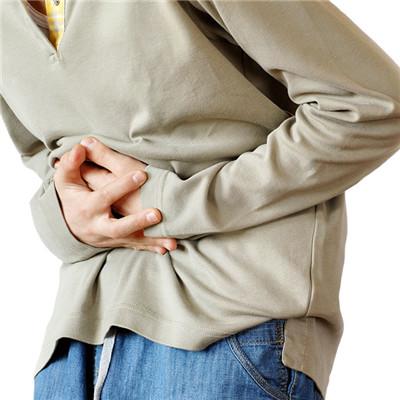
matters needing attention
It should be noted that the risk of colorectal cancer will increase significantly after the age of 40. According to statistics, about 75% of colorectal cancer patients are in this age group. Therefore, people should do fecal occult blood test once a year from the age of 40 to guard against bleeding caused by polyps or tumors.

